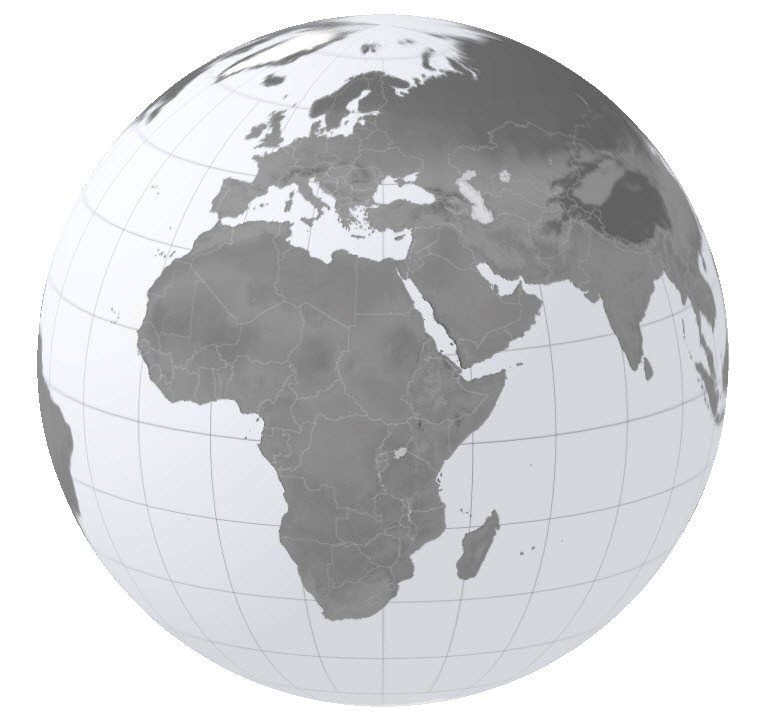Climate migration: Difference between revisions
Siterunner (talk | contribs) No edit summary |
Siterunner (talk | contribs) No edit summary |
||
| Line 74: | Line 74: | ||
[[Category:Sea-level Rise]] | [[Category:Sea-level Rise]] | ||
[[Category:Sea-Level Rise & Mitigation]] | [[Category:Sea-Level Rise & Mitigation]] | ||
[[Category:Social Justice]] | |||
[[Category:Solar Energy]] | [[Category:Solar Energy]] | ||
[[Category:Strategic Demands]] | [[Category:Strategic Demands]] | ||
Revision as of 15:33, 24 September 2020
143 Million People May Soon Become Climate Migrants
Climate change will drive human migration more than other events, a new report warns. But the worst impacts can be avoided.
National Geographic / World Bank / March 2018
Climate change will transform more than 143 million people into “climate migrants” (#ClimateMigration) escaping crop failure, water scarcity, and sea-level rise, a new World Bank report concludes.
Most of this population shift will take place in Sub-Saharan Africa, South Asia, and Latin America—three “hot spots” that represent 55 percent of the developing world’s populations.
The report, Groundswell—Preparing for Internal Climate Migration, also shifts the focus from cross-border migration, which has drawn global attention as refugees and migrants flee war, poverty and oppression, to in-country migration, which involves many more millions of people on the move in search of viable places to live.
○
- Anthropocene
- Atmospheric Science
- Climate Change
- Climate Migration
- Climate Policy
- Desertification
- Digital Citizen
- Earth Observations
- Earth360
- Earth Science
- Earth Science from Space
- Ecology Studies
- Eco-nomics
- Education
- Energy
- Environmental Laws
- Environmental Protection
- Environmental Security
- Environmental Security, National Security
- Extinction
- Fossil Fuels
- Global Security
- Global Warming
- Green Networking
- Green Politics
- INDC
- NASA
- NOAA
- Natural Resources
- Networking
- New Definitions of National Security
- Ocean Science
- Planet Citizens
- Planet Citizens, Planet Scientists
- Renewable Energy
- Resilience
- Sea-level Rise
- Sea-Level Rise & Mitigation
- Social Justice
- Solar Energy
- Strategic Demands
- Sustainability Policies
- Whole Earth
- World Bank
- Wind Energy
